How much do you know about the electric charging station where you plug in your electric vehicle?
New research at the University of Windsor is looking at security vulnerabilities of charging stations — not only could your payment information be stolen, but the electricity grid could be compromised too.
Mitra Mirhassani, an engineering professor, said not enough is being done when it comes to security of these stations.
"Most of the charging stations are placed wherever a company sees convenient," said Mirhassani. "These can be insecure roads and parking lots. Everyone seems to forget they are connected to infrastructure — to the energy grid."
Electric vehicle society 'encouraged' by approval of new charging locations
City of Windsor wants to add 11 dual-port electric vehicle charging stations
Mirhassani said if there was to be an attack on that energy infrastructure, there would be a lot of issues that couldn't be fixed quickly.
Learn more / En savoir plus / Mehr erfahren:
https://www.scoop.it/t/securite-pc-et-internet/?&tag=Cars
https://www.scoop.it/t/securite-pc-et-internet/?&tag=GRID



 Your new post is loading...
Your new post is loading...

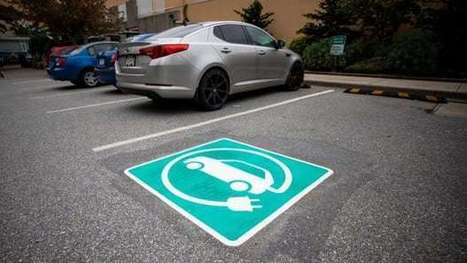

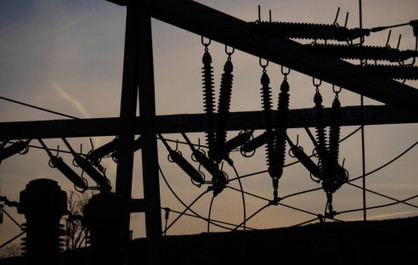
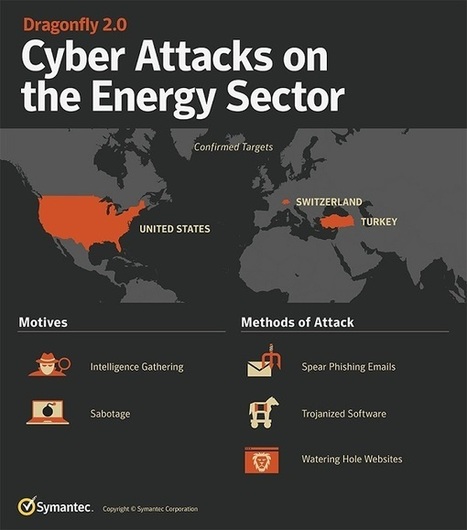
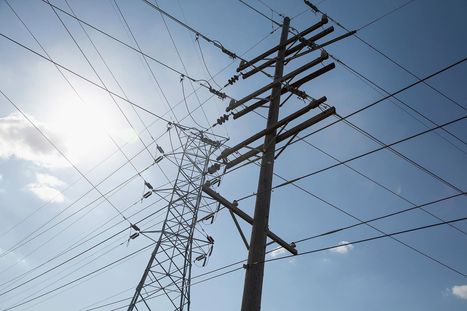


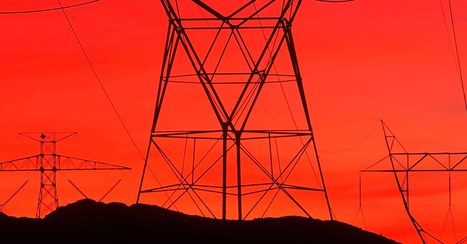





How much do you know about the electric charging station where you plug in your electric vehicle?
New research at the University of Windsor is looking at security vulnerabilities of charging stations — not only could your payment information be stolen, but the electricity grid could be compromised too.
Mitra Mirhassani, an engineering professor, said not enough is being done when it comes to security of these stations.
"Most of the charging stations are placed wherever a company sees convenient," said Mirhassani. "These can be insecure roads and parking lots. Everyone seems to forget they are connected to infrastructure — to the energy grid."
Electric vehicle society 'encouraged' by approval of new charging locations
City of Windsor wants to add 11 dual-port electric vehicle charging stations
Mirhassani said if there was to be an attack on that energy infrastructure, there would be a lot of issues that couldn't be fixed quickly.
Learn more / En savoir plus / Mehr erfahren:
https://www.scoop.it/t/securite-pc-et-internet/?&tag=Cars
https://www.scoop.it/t/securite-pc-et-internet/?&tag=GRID